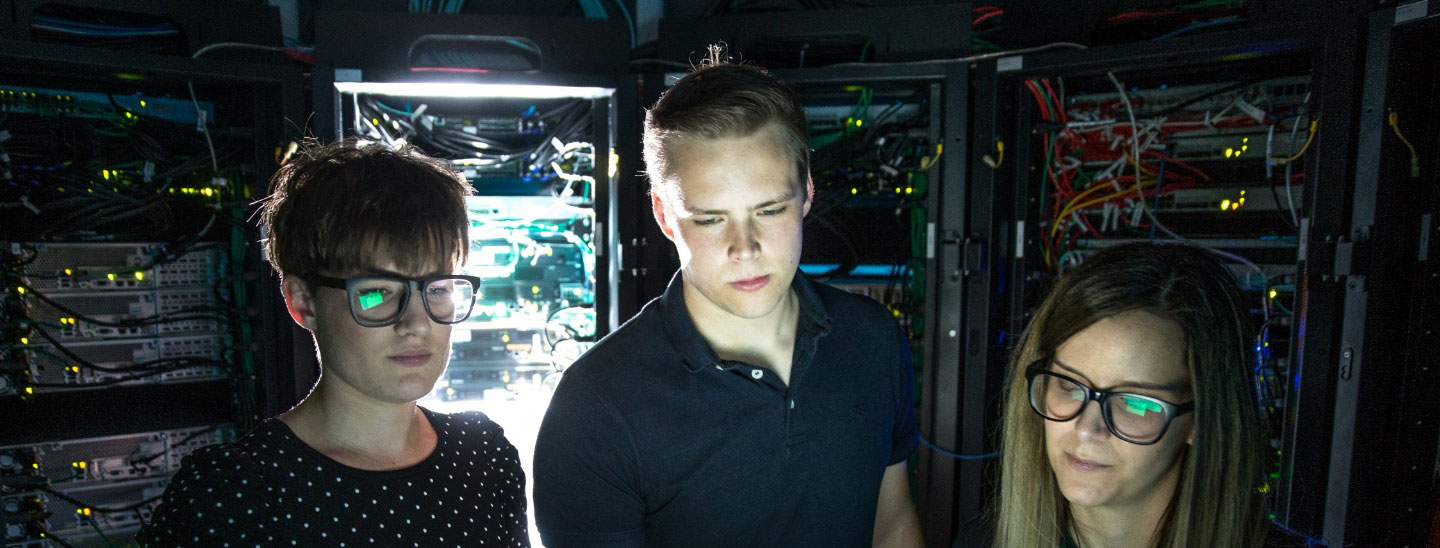What you’ll be studying
The Diploma of Information Technology has two streams, each leading to a different Bachelor program. In both streams, you’ll study a total of eight units before graduation.
First Trimester
Students who enter with IELTS <6.0 or equivalent will be required to undertake the free Language Development Module as part of their program.
Information Technology stream
In the Information Technology stream, you’ll study six core units along with three electives to gain entry into the second year of the Bachelor of Information Technology.

